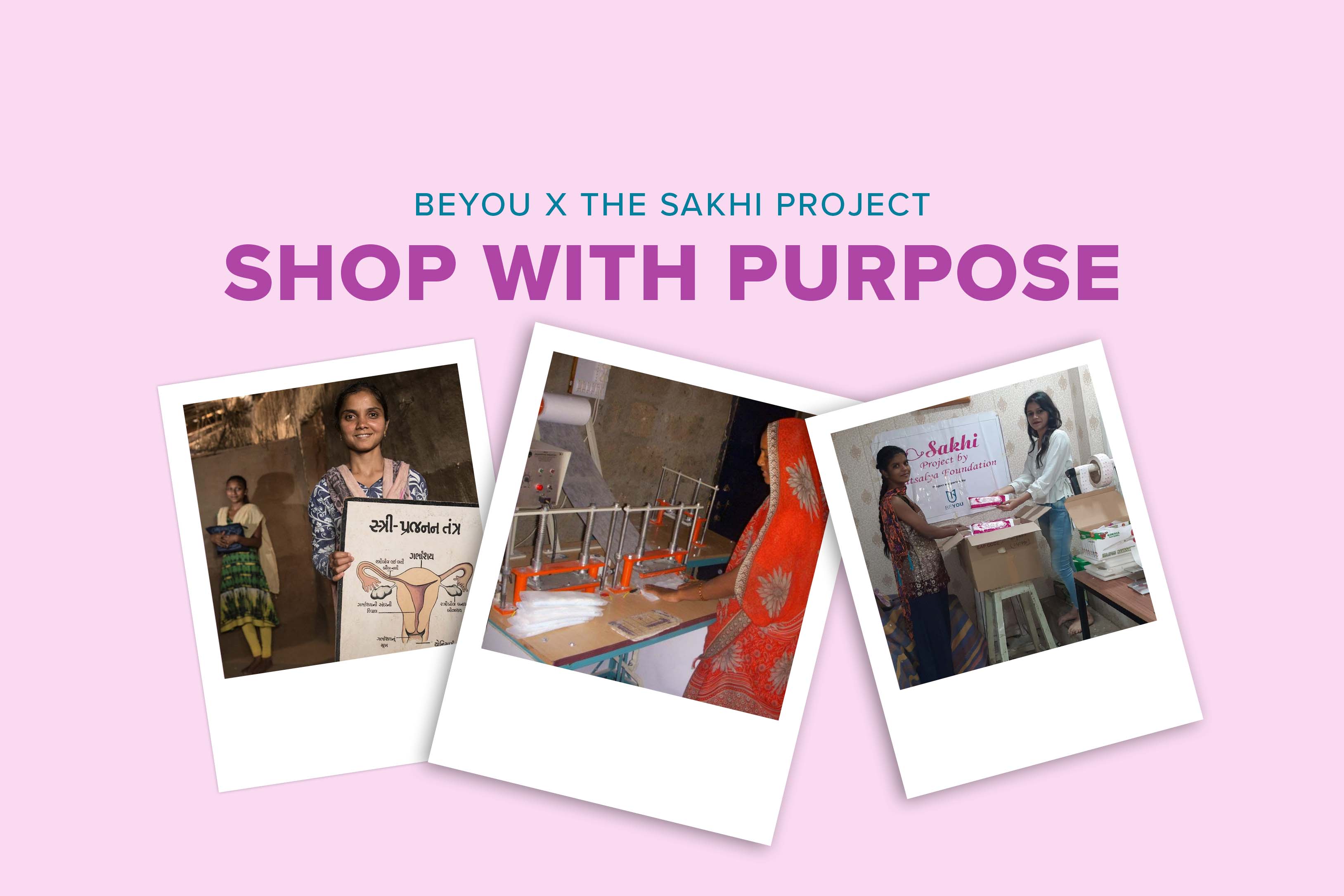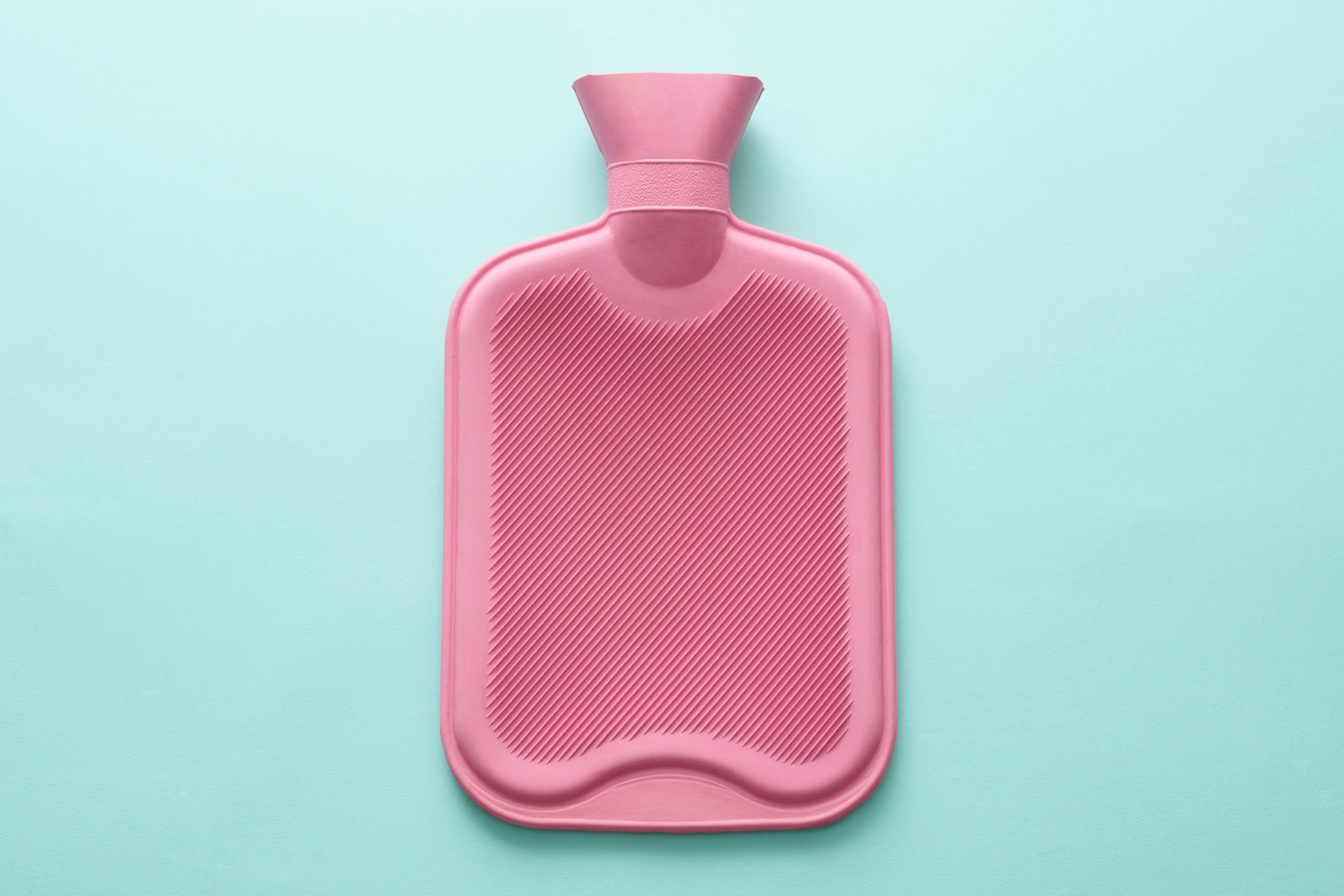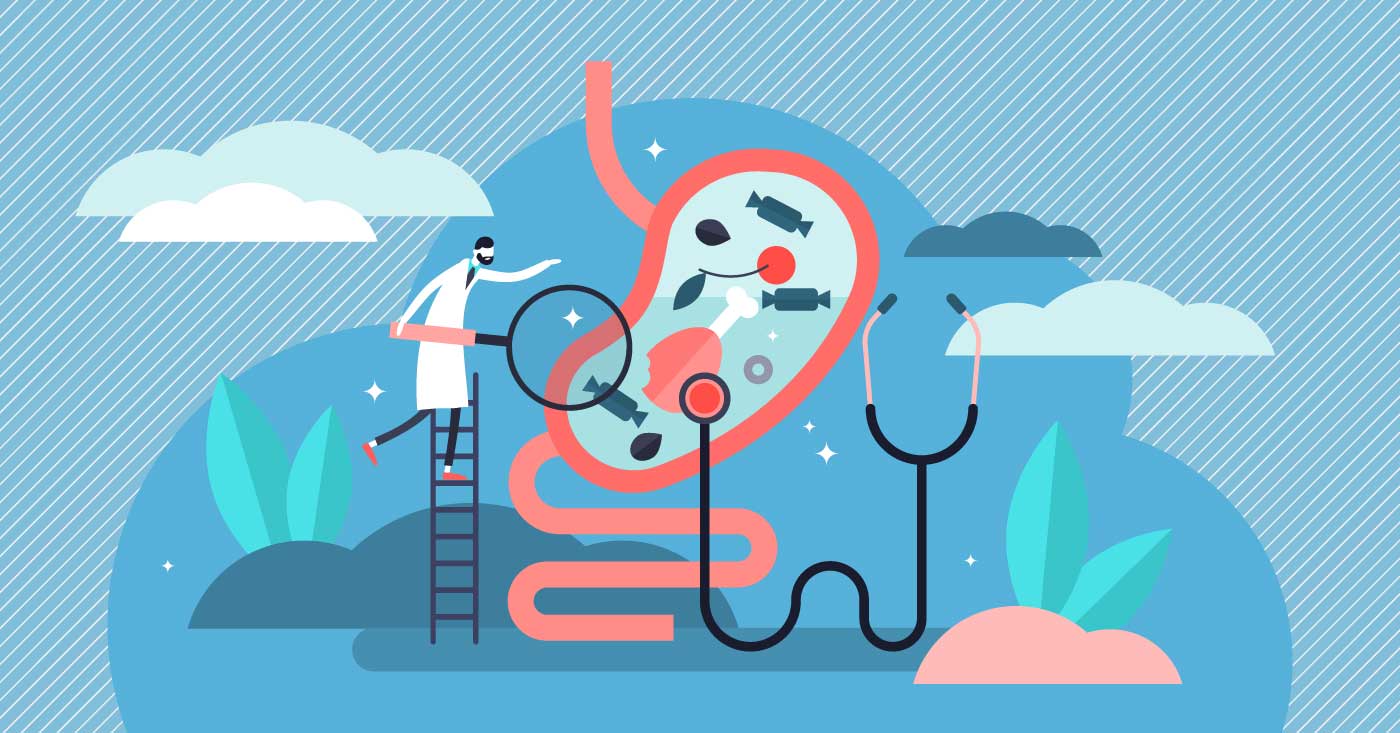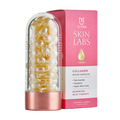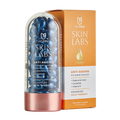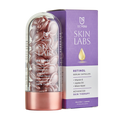The Fact from the Fiction: Breast Cancer
Oct. 18, 2019 jess simms
One woman is diagnosed with breast cancer every ten minutes.
That’s on average 55,000 women in the UK, every year. Talking about breast cancer and its symptoms is what we believe the best way to raise awareness and the best means to catch it early. The earlier someone can be diagnosed, the earlier they can be treated. To help kick start this conversation, we need to separate the fact from the fiction. We’re here to demystify those all too familiar myths about breast cancer.
MYTH: I don’t have a family history of breast cancer, so I can’t get it.

WRONG. In fact, most people who are diagnosed with breast cancer do not have a family history of the disease. According to breastcancer.org, only 5-10% of cancers are actually hereditary.
Other factors such as work, environment, lifestyle and diet are said to have more profound effects on someone’s chance of developing breast cancer, than whether if a close relative has had it in the past. Doctors also say that the ageing process has a greater effect on a woman’s chances of getting breast cancer. The NHS runs a breast cancer screening scheme for women aged 50+, if you or a relative needs any guidance with obtaining a mammogram.
MYTH: Bras can give you breast cancer?!

*Sighs*..no, just no. There is NO scientific evidence to suggest wearing a bra increase your chances of being diagnosed with breast cancer.
The reason why the media loves this myth is because of this bogus theory; underwired bras were said to restrict the flow of lymph fluid in the breasts which may cause toxins to build up. However, we promise you, there is not one scrap of reliable evidence to support this theory. It must be said though, your bra shouldn't cause you any serious pain or swelling, so make sure to buy a well-fitted bra.
MYTH: If you have breast cancer, you always feel a lump.

Although lumps are the most well-known of breast cancer symptoms, it isn’t the only sign of breast cancer. A noticeable change in the size, texture, colour of your breasts and/or nipples can also be indicators of breast cancer. That’s why familiarising yourself with what is normal for you is so important, so you notice anything that doesn’t seem right.
If you don’t know how to check your boobs, then our little guide should help you get started.
MYTH: Only older women are diagnosed with breast cancer.



